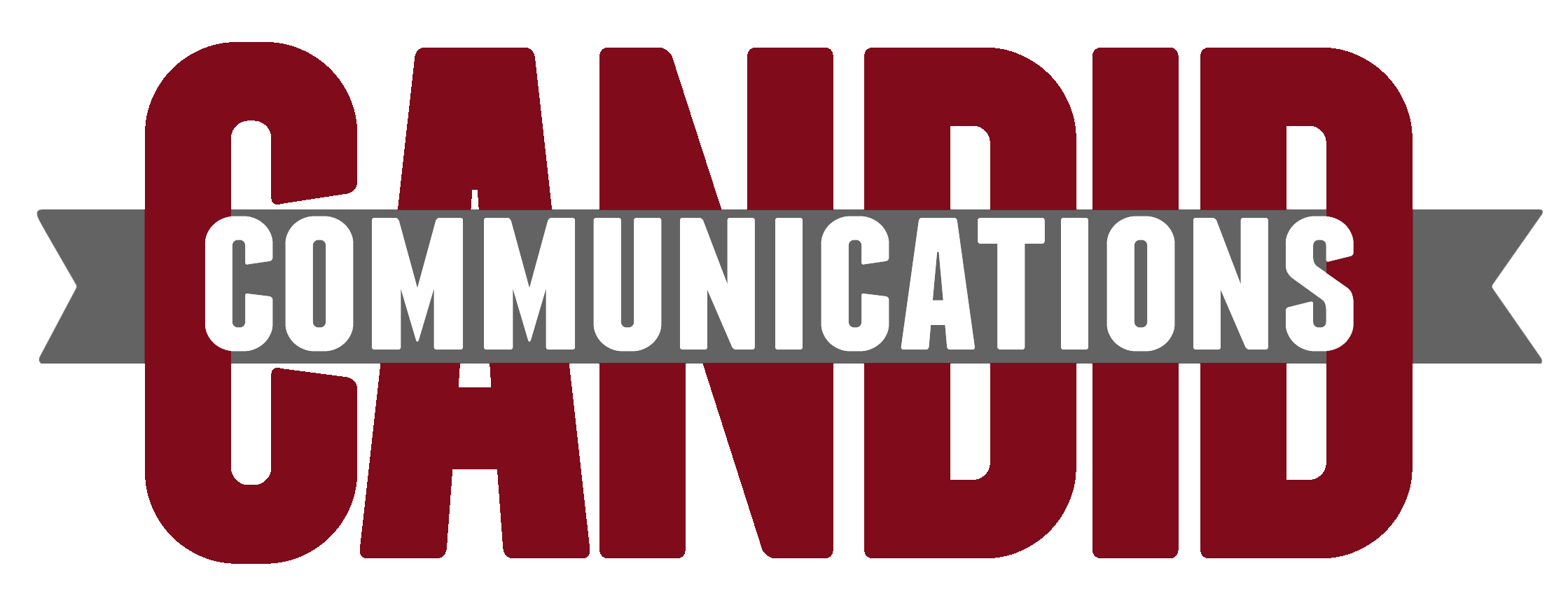Have you ever hurt someone’s feelings but been oblivious at the time? Perhaps you said something teasing that was interpreted as mean-spirited.
By the time we reach adulthood, most of us have done or said a lot of things that require apologies. But making a heart-felt apology that helps pave the way for better relations requires skill and a mature, deliberate intent.
In this time of reflection, do you feel you need to apologize to someone? If so, perhaps you could benefit from a few pointers before you talk to the person. Even if nothing comes to mind right now that you need to apologize for, check these steps to make your future apologies meaningful:
- Acknowledge that you’ve done or said something hurtful. In correcting any mistake, the first step to an apology is to recognize – even to admit privately – that you’ve done something that has caused hurt or emotional pain.
- Sometimes, people let us know they’re feeling injured by lashing out. Others withdraw and become quiet.
- Gently asking questions is a great way to begin to discover what’s going on. With sensitivity, try inquiring with your friend or loved one if they’re upset about something in particular. If you think you may know what the issue is, mention it with an empathetic tone. Sometimes I’ve seen the sincere phrase of “Help me understand…” opens up hearts to share. People have told me that approach let them feel that I truly wanted to hear their thoughts and listen sincerely. (After all, they are laying their heart out, so it’s best to handle with care.)
- Remember that they have a right to decline telling you. If you’ve asked kindly once or twice, and they haven’t engaged with you, let them know that you’d be happy to talk, if or when they become ready. Letting them know you will be there for them often communicates worlds of thoughtfulness and genuine concern.
- Gently asking questions is a great way to begin to discover what’s going on. With sensitivity, try inquiring with your friend or loved one if they’re upset about something in particular. If you think you may know what the issue is, mention it with an empathetic tone. Sometimes I’ve seen the sincere phrase of “Help me understand…” opens up hearts to share. People have told me that approach let them feel that I truly wanted to hear their thoughts and listen sincerely. (After all, they are laying their heart out, so it’s best to handle with care.)
- Then, give them some space. While they process their feelings, think back on your words and actions. That inner reflection may lead to you understanding how you may have been wrong or out of line. (It’s possible, right?) Looking objectively as you can (imagine being up in the air looking down at the ordeal), maybe you will easily see what your part was in the situation. When you can clearly articulate the role you played, then you’re ready to make an apology.
- Find just the right words. Next, consider how to phrase your apology. If you’re sincere about feeling sorry, those words will come to you pretty easily. Ask yourself, “What do I want to say?”
Sorry seems to be the hardest word.
– Elton John
- Finding the right words has two goals. The first is to convey the remorse you feel regarding your actions or words. The second and often-ignored goal is to promise not to repeat your hurtful behavior or comments going forward.
- In your apology, avoid giving a reason or excuse for your actions. Those who make excuses for their hurtful behaviors look as if they’re trying to defend themselves, and this is not the time for that. In fact, I’ve seen that giving excuses (or even reasons) may never have a place in the apology. Your apology is about the pain caused to them, not about your reasons for your actions.

- Skillfully communicate your apology. At this point, you’re ready to verbally communicate your feelings.
- Apologies are best done in person. Choose a comfortable setting where you will not be interrupted. Make eye contact and tell the person you have something important to address with them. During this time we’re in of self-isolation, try to get face time or screen time with them. If you can only arrange a phone call, at least do that. Trust me, you will be the bigger person for taking that step. Know that only texting an apology will nearly always feel flat. As long as we’re going across that bridge of making things right, let’s do the right thing with the right approach.
- State your apology using appropriate voice tones. Avoid long, drawn out apologies. Make it short and sincere. Convey your honesty with your tone. Joking usually has no place in an apology – not at the beginning, middle or the end. In fact, it is unnecessary and unwelcome.
- Prepare for any response your friend might have. Of paramount importance is to listen to any comments or questions from your friend about your prior actions. Take each statement seriously without being dismissive of a single one. If they are said, they are important.
- In the event your friend makes angry comments toward you or further questions your motives in what you originally said or did, listen carefully and recognize that any angry words are most likely the result of hurt feelings. Your best response? Repeat your apology with sincerity.
- Apologies are best done in person. Choose a comfortable setting where you will not be interrupted. Make eye contact and tell the person you have something important to address with them. During this time we’re in of self-isolation, try to get face time or screen time with them. If you can only arrange a phone call, at least do that. Trust me, you will be the bigger person for taking that step. Know that only texting an apology will nearly always feel flat. As long as we’re going across that bridge of making things right, let’s do the right thing with the right approach.
Making things right is like cleaning out a wound: you have to clean out all of the infection or risk the wound re-infecting the body.
Without a doubt, making genuine, mature and adult apologies takes practice and skill. But if you follow the three steps above, you’ll be well on your way to putting your relationship back into good standing. And you’ll feel better about yourself too! Realizing that no one knows what tomorrow brings, making things right today with those we have hurt is not only the right thing to do, that very action will help us relieve a burden we have been carrying far too long.
